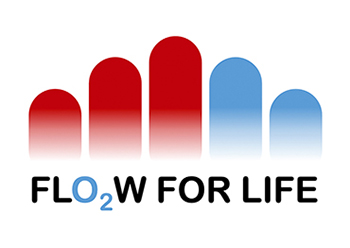Meet our researchers
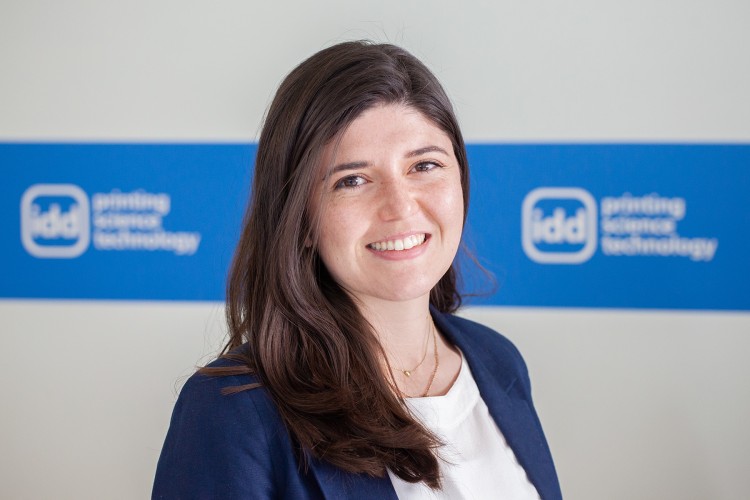
Mariana Acedo Mestre, PhD student
My goal in Flow for Life is to place live cells around the artificial network using bioprinting. For this I face myself with the exiting task of developing new bioinks and biofabrication technologies that best fit the needs of both the cells and the in this project designed vasculature network. I am very excited of working in such an interdisciplinary team!
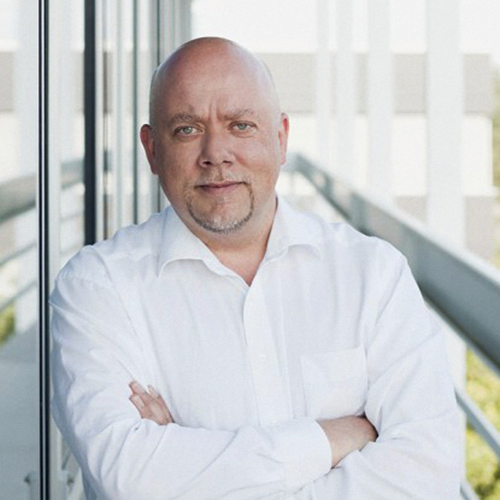
Markus Biesalski, Professor
With a creative team of researchers, we combine polymer science & paper chemistry, to develop innovative and sustainable materials, with fields of application progressing from coatings to construction materials and paper-based microfluidic devices.
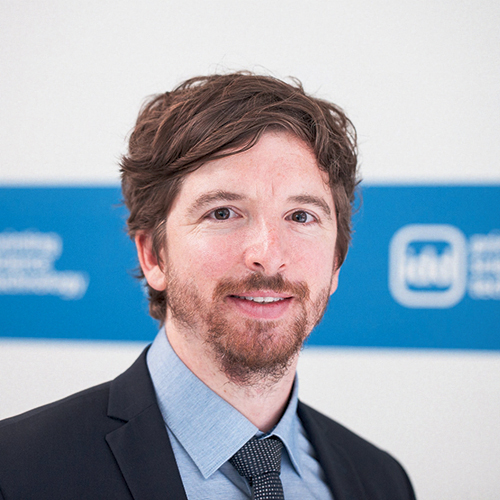
Andreas Blaeser, Professor
Main focus areas of our group are modelling and experimental research of various mechanisms and phenomena for the transport of biomaterials and their interaction with living cells. We address major biofabrication challenges, such as the parallel printing of multifunctional material composites with different physical, chemical and biological properties.
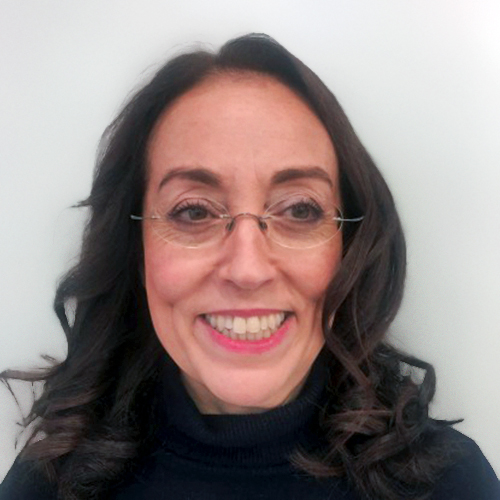
Cristina Cardoso, Professor
Our group is interested in elucidating how the mammalian (epi)genome is maintained throughout cell divisions and how the epigenetic information is translated into spatial chromatin structure and activity during differentiation, reprogramming and disease. We make use of a variety of biochemical, molecular and cell biological methods with particular emphasis on advanced live-cell and super-resolution fluorescence microscopy.
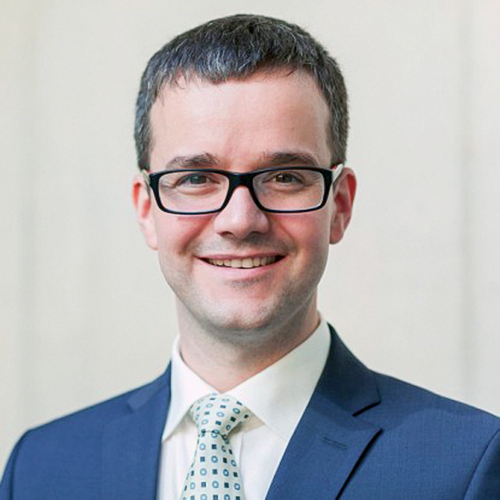
Bastian Etzold, Professor
The research in the Etzold Lab aims to deepen the understanding of the activity transport nexus in heterogeneously catalysed and electrochemical reactions. The knowledge on gas transport in multiphase systems will be employed to design a dynamic oxygen saturator. Furthermore, the possibility to produce oxygen electrochemically directly within the nutrient solution will be studied.
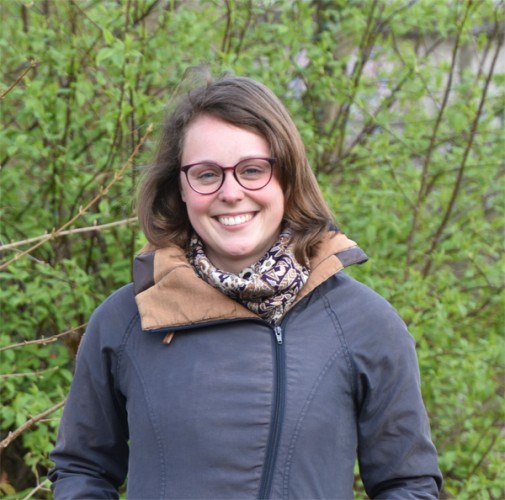
Anna Fritschen, PhD student
My goal in FFL is to fabricate a porous artificial vessel network with a state-of-the-art, highly resolved 3D-print system (2-photon-polymerisation), aiming to provide the tissue models with sufficient oxygen and nutrients during cell culture. By taking fluid mechanics, optical analysis, cell culture needs and 3D-printing together, I aim to provide highly biomimetic vessel networks for the project.
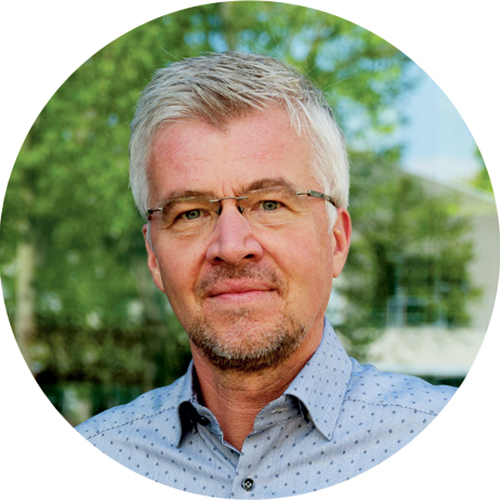
Steffen Hardt, Professor
We deal with transport phenomena in fluids on the nano- and micrometer scale. Breaking new scientific ground fascinates us, but we keep applications in mind. These can be in different fields such as sustainability, energy conversion, process engineering or (bio)chemical analytics.
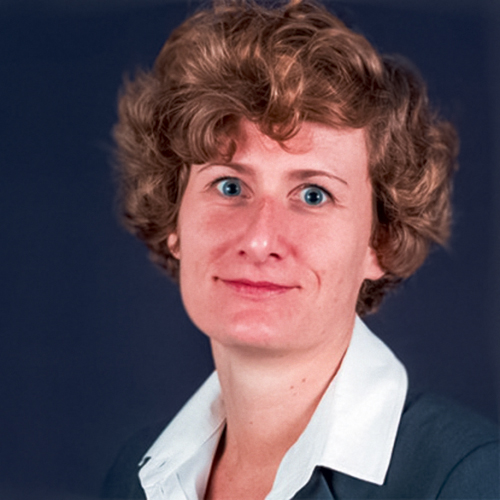
Jeanette Hussong, Professor (scientific coordinator)
We investigate and teach in the area of unsteady, multiphase or aerodynamic flows. The aim is to improve the fundamental understanding of technically relevant flow processes with the help of current experimental, numerical or analytical methods and to derive predictive models from generic investigations.
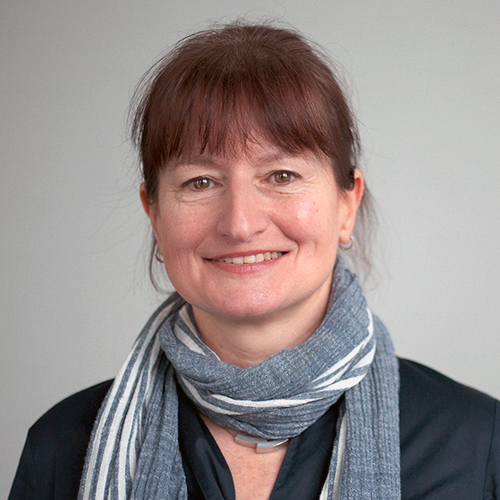
Regine von Klitzing, Professor
We work in the area of phases and interfaces and examine the interactions in thin liquid films and at the air/water interface. Another main focus is responsive soft matter such as polyelectrolyte multilayers, polymer brushes, and hydrogels.
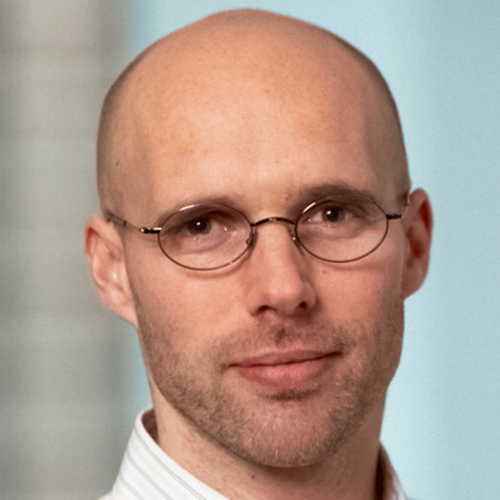
Heinz Koeppl, Professor
We perform research on self-organisation principles and address the question of how those principles can be put to use in artificial, engineering systems. We look at different domains with our main focus being molecular biology, in particular synthetic biology.
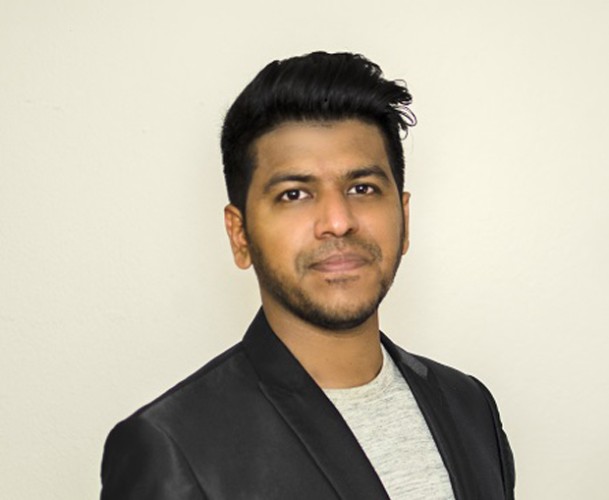
Souraj Mandal, PhD student
Within this exciting project, my focus is to line the interior surface of the artificial network with microgel as coupling agents for endothelial cells. The unique characteristics of microgels can also provide the necessary microenvironment for the migration of endothelial cells. For this, I will synthesize and characterize functional microgels that are mechanically stable to flows of nutrient solutions. I am very excited to work on this multidisciplinary project where I can collaborate with scientists from various exciting fields.
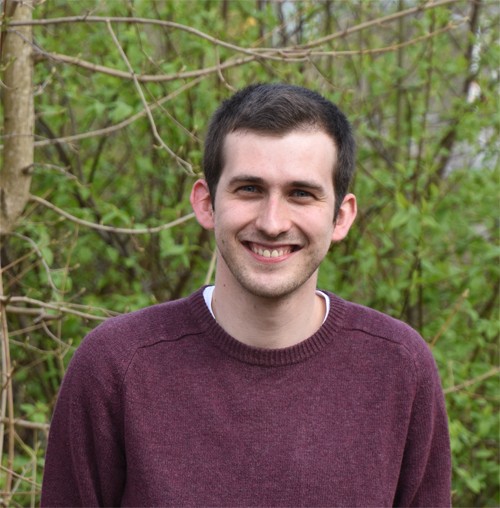
Lukas Neuenfeld, PhD student
My goal in Flow for Life is to cultivate a 3D cell culture in a paper-based hollow fiber network. An automated, long-term and optimal supply of the cell network should be made possible. I am faced with the exciting task of developing a special paper-based microfluidic device. I am very happy to work in such an interdisciplinary team.
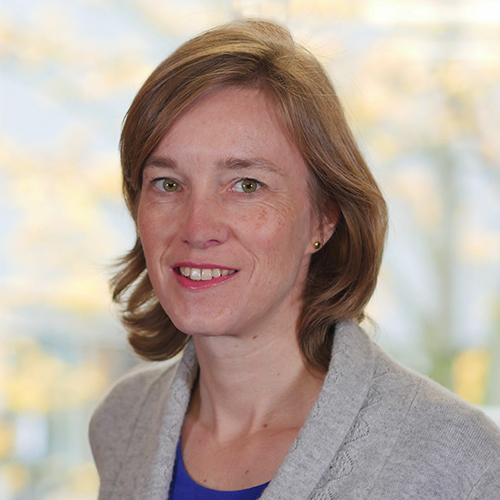
Ulrike Nuber, Professor (scientific coordinator)
We aim to understand and control the fate and spatial arrangement of developing cells, focusing on neural cell types. For this purpose, we employ various methods, including genome engineering to generate human induced pluripotent stem cell reporter lines, prospective isolation of defined cell types by multicolor flow cytometry, and development and application of fluidic devices to control 3D patterning of cell aggregates.
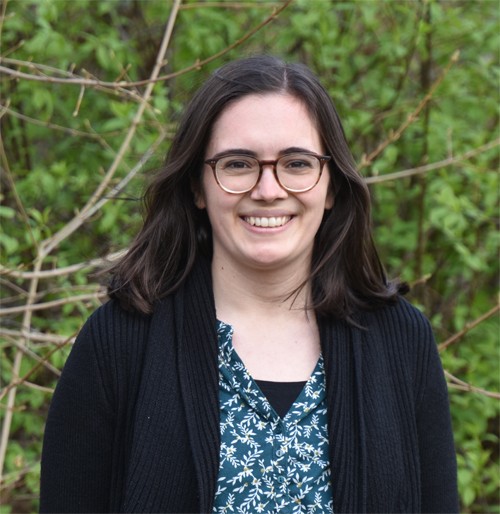
Mareike Schmidt, PhD student
My goal in Flow for Life is to control the oxygen level in the nutrient solution, for which I will build a dynamic oxygen saturator. Furthermore, I will investigate the direct electrochemical production of oxygen within the nutrient solution.
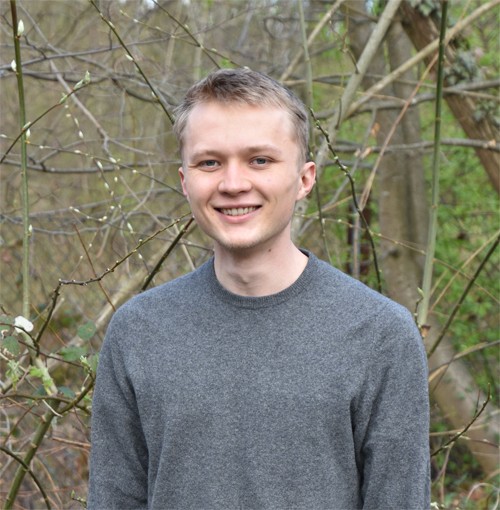
Till Werner, PhD student
My goal is to experimentally characterize the fluid flow and oxygen supply in the artificial network, taking into account all real-world effects. The resulting data will serve as the basis for an empirically supported network design and its validation. Moreover, it will allow us to investigate the influence of different flow conditions on the endothelialization of the artificial network.
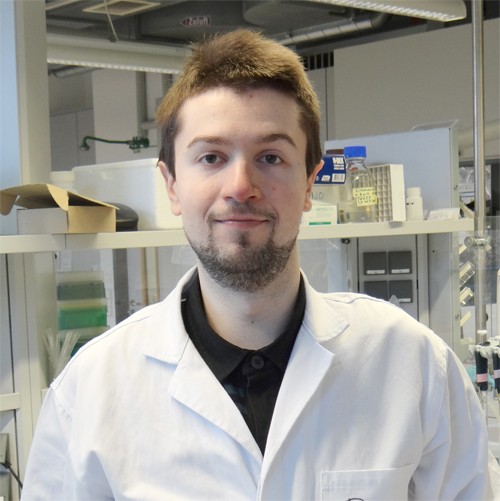
Darius Leon Zibulski, PhD student
Within the FLOW FOR LIFE project, I generate vascularized and non-vascularized spheroids with an embryonic brain cell identity, from which the brain tissue around the artificial vascular network will be built.
Administration
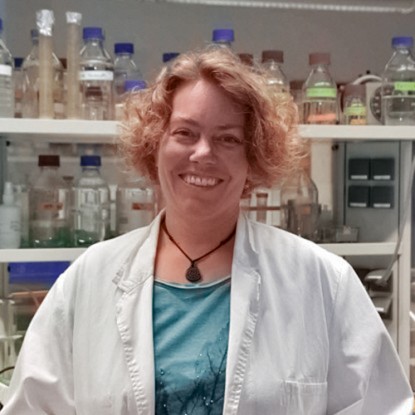
Dipl. Biol. Michaela Becker-Röck
Administration
Contact
mbecker@bio.tu-...
work +49 6151 16-24607
Work
B2|06 05
Schnittspahnstraße 13
64287
Darmstadt
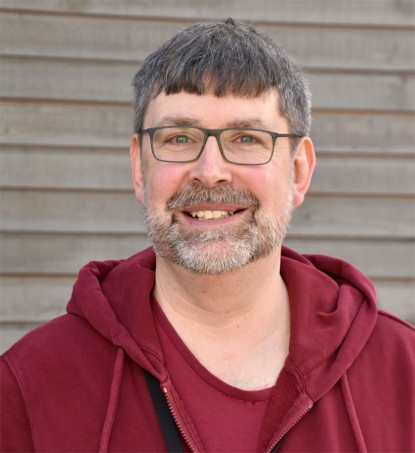
Dr. Nils Offen
Coordinator
Contact
offen@bio.tu-...
work +49615116-24603
Work
B2|06 07
Schnittspahnstraße 13
64287
Darmstadt

